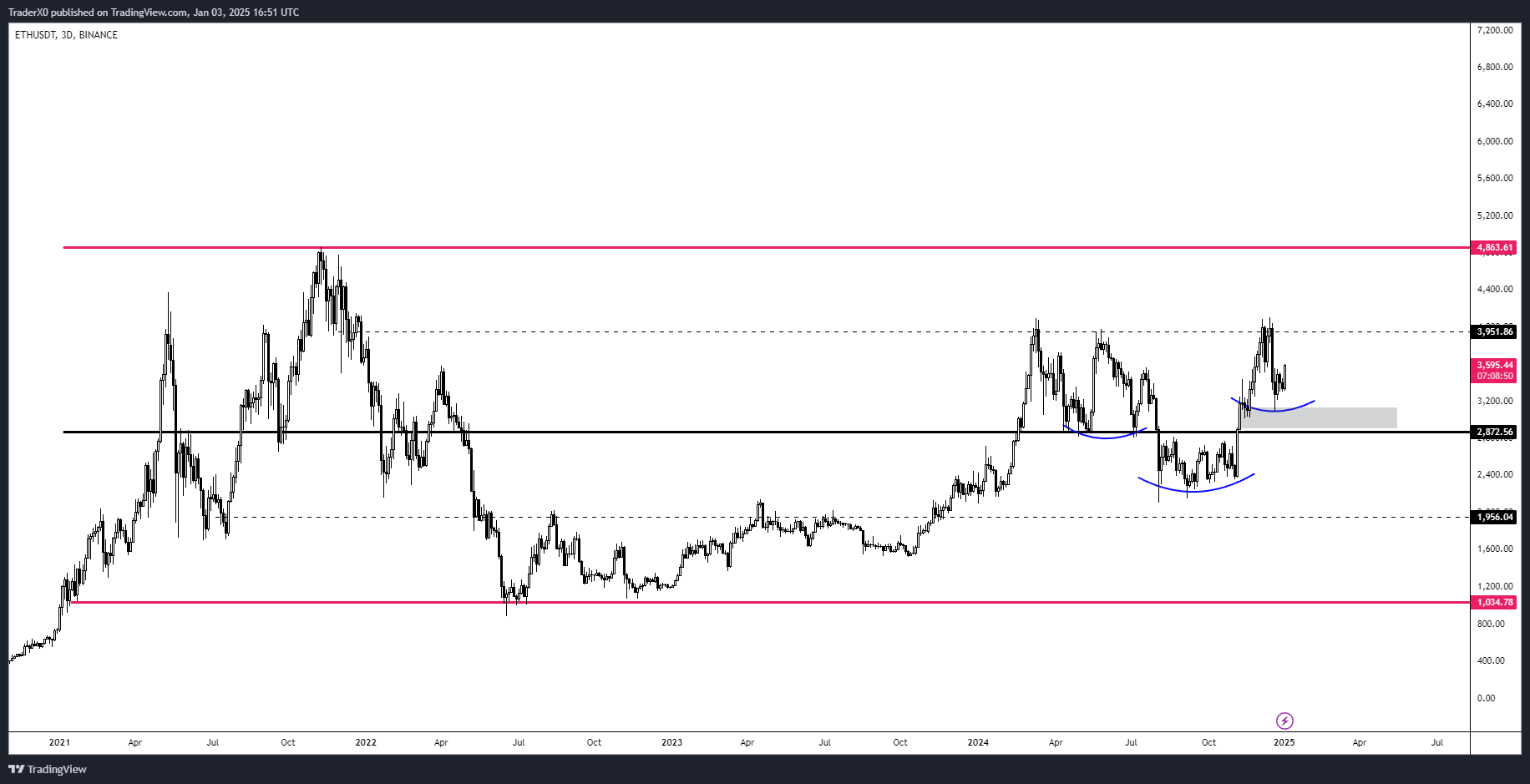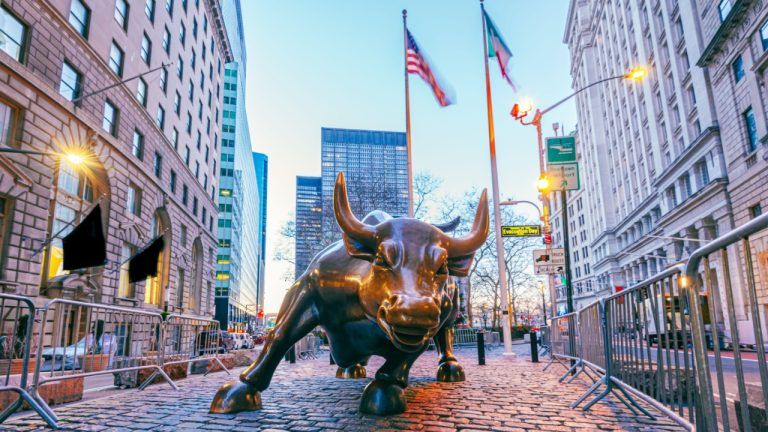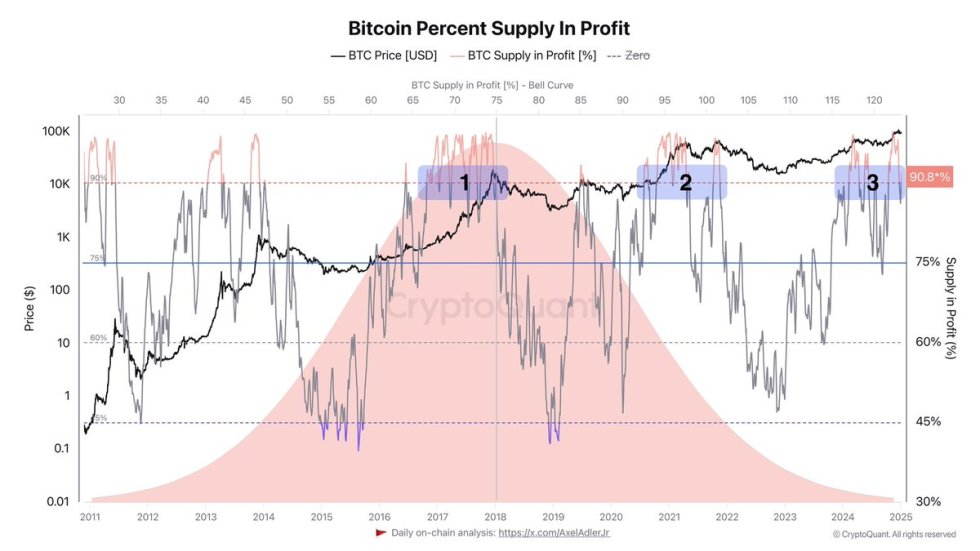<p>Financial
industry compliance specialists have witnessed firsthand the importance of
regulation in protecting consumers and preventing financial crimes. As a
result, it has become a common theme that the rapidly expanding crypto industry requires more
regulation, not less. </p><p>While some
argue that cryptocurrencies' decentralized and anonymous nature is a selling
point, the reality is that it also makes them susceptible to fraud, money
laundering, and other illegal activities. </p><p>Without proper
oversight, bad actors can easily exploit the system, endangering honest
investors and consumers. </p><p>Top Reasons Why Crypto Industry Needs More Regulation</p><p>Here are some
of the reasons why the crypto industry requires more oversight: </p><p>Financial Crime Prevention</p><p>The crypto
industry's lack of regulation has resulted in numerous cases of financial
crimes, such as fraud and money laundering. </p><p>For example, in
2020, the US Justice Department charged two Chinese nationals with laundering
more than $100 million in stolen cryptocurrency using 'mixers' and
'chain hopping' techniques to conceal the funds' origin and
destination. </p><p>Regulation,
which requires crypto exchanges and other industry participants to implement
anti-money laundering (AML) and know-your-customer (KYC) procedures, can help
prevent these types of crimes. </p><p>These measures
would make it more difficult for criminals to use the crypto industry as a
conduit for illegal activities, while also assisting law enforcement agencies
in tracking down and prosecuting those who do. </p><p>The case for NFTs: How AML
and KYC could bolster the NFT market and be key to unleashing its full
potential</p><p>The NFT industry
is booming but its promised winds of revolution are still feeling like a slight
breeze. </p><p>In fact, given
all the potential applications for NFTs, many find it surprising how NFT
technology hasn’t seen mass adoption and day-to-day usage yet (other than, of course,
for artistic and speculative purposes).</p><p>The fact is,
AML compliance is perhaps one of the most important elements in building trust amongst
investors, institutions, and, in a broader sense, in earning the trust of the
general public.</p><p>This is perhaps
one of the reasons why NFT technology hasn’t gone past the marketplace stage. </p><p>While still a
nascent industry, NFTs have shown a lot of promise but it’s fairly certain that the
industry won’t be able to deliver without being able to prove that it has taken
measures to bolster its transparency and the safeguarding of stakeholders’ and investors’
interests.</p><p>It’s a common
fact that the blockchain, cryptocurrencies, and NFTs were a shout for
decentralization, but that very same centralization is inherently pointing to a
trustless system. Needless to say, a trustless system might not be correlated
with the public’s best interests. </p><p>After money laundering
and rampant NFT scams are addressed through a solid regulatory framework, KYC processes,
and AML procedures,<a href="https://www.financemagnates.com/cryptocurrency/can-nft-marketplaces-be-aml-compliant/" target="_blank" rel="follow"> investor confidence will surely be strengthened</a>. </p><p>As such, crypto
regulation might once again prove quintessential in the development of the
industry.</p><p>Investor
Protection</p><p>The lack of
investor protection is one of the most significant risks of investing in
cryptocurrencies. </p><p>Cryptocurrencies,
unlike traditional investments such as stocks and bonds, are not backed by any
government or regulatory body. This means that investors may lose money if the
market crashes or if a specific cryptocurrency turns out to be a scam. </p><p>Regulation can
aid in investor protection by requiring companies that issue or trade
cryptocurrencies to disclose more information about their operations and
financial condition. This would allow investors to make more informed decisions
about which cryptocurrencies to invest in, while also making it more difficult
for fraudulent companies to operate in the industry. </p><p>Increasing
Market Stability</p><p>The
cryptocurrency market is notoriously volatile, with prices fluctuating wildly
based on a variety of factors, such as news events and investor sentiment. While
some investors enjoy the thrill of the ride, others may be put off by the
market's unpredictability. </p><p>By imposing
rules and standards on the crypto industry, regulation can help promote market
stability. Regulators, for example, could require exchanges to install circuit
breakers, which would automatically halt trading if the price of a specific
cryptocurrency fell significantly in a short period of time. </p><p>This would help
to avoid panic selling and other market disruptions while also making the
market more appealing to conservative investors. </p><p>Increasing
the Industry's Credibility</p><p>Finally, more
regulation could help boost the overall credibility of the crypto industry.
Many people continue to be skeptical of cryptocurrencies, seeing them as a
speculative bubble or a safe haven for criminals. </p><p>Regulators
could help build trust and confidence in cryptocurrencies as a legitimate asset
class by imposing stricter rules and standards on the industry. </p><p>Of course,
there are some drawbacks to increased regulation. Some argue that excessive
regulation will stifle industry innovation and growth, while others are
concerned that it will drive crypto businesses to operate in countries with
more lenient regulatory environments. </p><p>However, I
believe that the benefits of increased regulation outweigh the risks. We can help
unlock the full potential of cryptocurrencies as a revolutionary new asset
class by creating a more secure, stable, and trustworthy crypto industry. </p><p>Wrapping
Up</p><p>To summarize,
the rapidly expanding crypto industry requires additional regulation to protect
consumers, prevent financial crimes, promote market stability, and boost
industry credibility. While some may argue that excessive regulation stifles
innovation and growth, the reality is that the risks associated with an
unregulated industry are far greater. </p><p>Regulators can
require companies to implement anti-money laundering and know-your-customer
procedures, disclose more information about their operations and financial
condition, and promote market stability through the implementation of circuit
breakers and other measures by imposing stricter rules and standards on the
crypto industry. These steps can aid in the prevention of fraud and money
laundering, the protection of investors, and the development of trust and
confidence in cryptocurrencies as a legitimate asset class.</p>
This article was written by Finance Magnates Staff at www.financemagnates.com.

You can get bonuses upto $100 FREE BONUS when you:
💰 Install these recommended apps:
💲 SocialGood - 100% Crypto Back on Everyday Shopping
💲 xPortal - The DeFi For The Next Billion
💲 CryptoTab Browser - Lightweight, fast, and ready to mine!
💰 Register on these recommended exchanges:
🟡 Binance🟡 Bitfinex🟡 Bitmart🟡 Bittrex🟡 Bitget
🟡 CoinEx🟡 Crypto.com🟡 Gate.io🟡 Huobi🟡 Kucoin.





















Comments